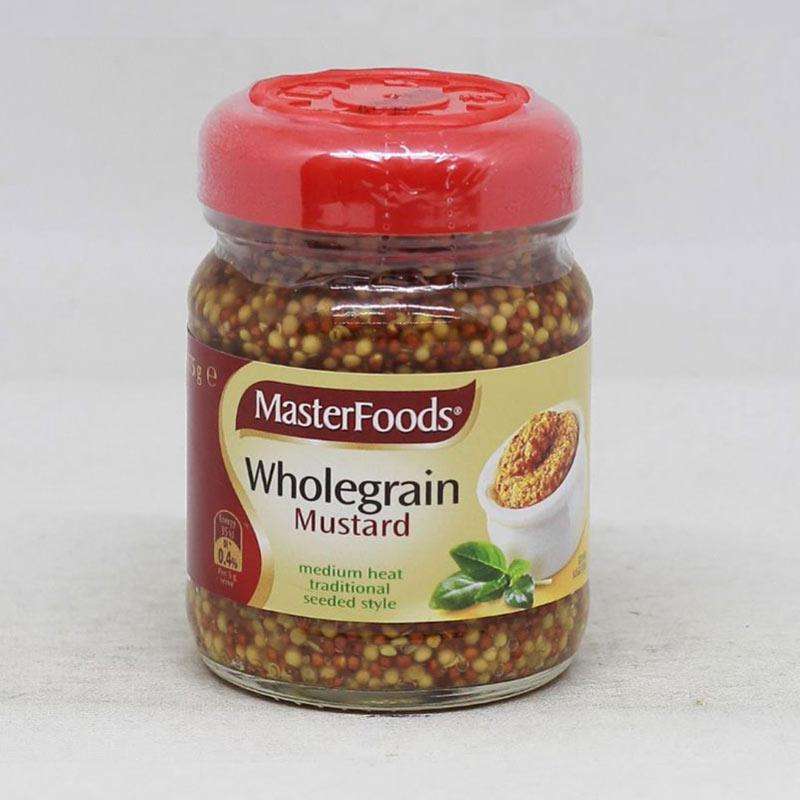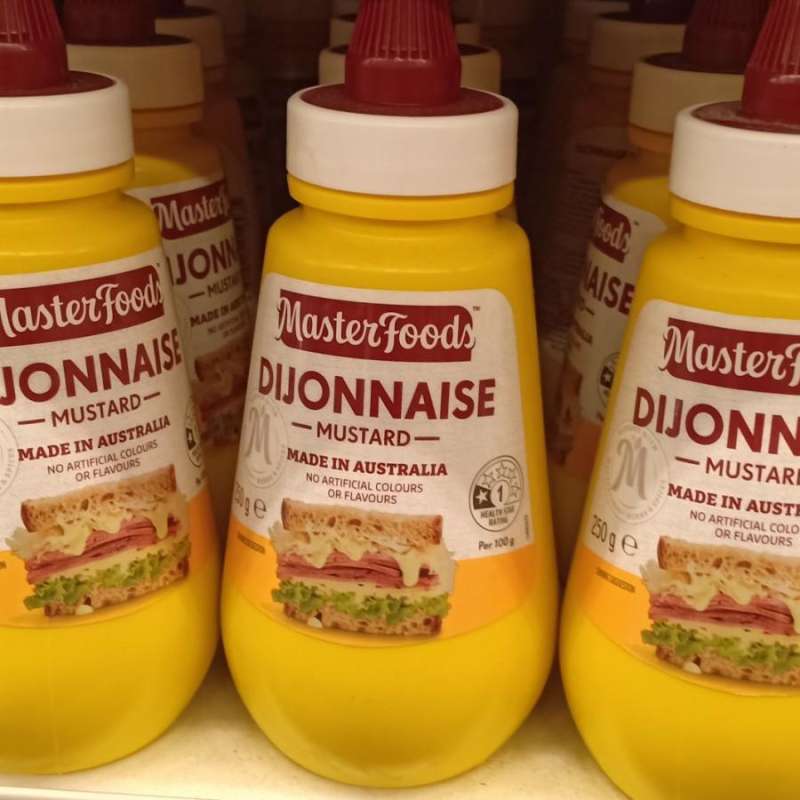Masterson Foods, a culinary innovator, has been transforming the food industry with its unwavering commitment to excellence. With a legacy of bold flavors and groundbreaking products, Masterson Foods continues to redefine the dining experience.
From its humble beginnings to its global presence, Masterson Foods has consistently pushed the boundaries of taste and innovation. Their unwavering dedication to quality and customer satisfaction has earned them a loyal following among food enthusiasts worldwide.
Competition
Masterson Foods operates in a highly competitive food industry, facing numerous established and emerging rivals. These competitors pose challenges in terms of product offerings, pricing strategies, and marketing campaigns.
Key competitors of Masterson Foods include:
- Kraft Heinz
- Nestlé
- Unilever
- PepsiCo
- Kellogg’s
Product Comparison
Masterson Foods offers a diverse range of products, including snacks, cereals, and beverages. Its competitors offer similar product lines, but there are some key differences.
- Masterson Foodsfocuses on natural and organic ingredients, emphasizing health-conscious options.
- Kraft Heinzis known for its iconic brands such as Kraft Macaroni & Cheese and Heinz Ketchup.
- Nestléoffers a wide range of products, including baby food, pet food, and confectionery.
- Unileverhas a strong presence in personal care products, but also offers food brands such as Ben & Jerry’s and Lipton.
- PepsiCois primarily known for its beverage brands, including Pepsi and Gatorade, but also offers snack foods like Frito-Lay.
Pricing Strategies
Masterson Foods generally positions its products at a premium price point, emphasizing the quality and health benefits of its offerings.
- Kraft Heinzand Unileveroffer a mix of premium and value-priced products to cater to different consumer segments.
- Nestléand PepsiCohave a wider range of pricing strategies, depending on the specific product category.
Marketing Strategies
Masterson Foods employs a multi-channel marketing approach, including traditional advertising, social media, and influencer partnerships.
- Kraft Heinzand Nestléhave large marketing budgets and invest heavily in brand building.
- Unileverfocuses on digital marketing and consumer engagement.
- PepsiColeverages its global reach and celebrity endorsements to promote its products.
Recent Competitive Moves
In recent years, Masterson Foods has made several strategic moves to strengthen its competitive position:
- Acquisition of a leading organic snack brand
- Expansion into new international markets
- Launch of innovative product lines
Competitors have also made significant moves, such as:
- Kraft Heinzacquired a major coffee company
- Nestléinvested in plant-based food alternatives
- Unileverexpanded its presence in emerging markets
Financial Performance

Masterson Foods has consistently delivered strong financial performance over the past five years. The company has experienced steady revenue growth, improving profitability, and robust cash flow.
Revenue Growth
Masterson Foods’ revenue has grown by an average of 5% annually over the past five years. This growth has been driven by increased demand for the company’s products, both domestically and internationally. The company has also benefited from strategic acquisitions, which have expanded its product portfolio and geographic reach.
Profitability, Masterson foods
Masterson Foods’ profitability has also improved over the past five years. The company’s gross profit margin has increased from 35% to 38%, and its operating profit margin has increased from 12% to 15%. This improvement in profitability is due to a combination of factors, including cost-cutting initiatives, operational efficiency, and increased sales of higher-margin products.
Cash Flow
Masterson Foods has generated strong cash flow from operations over the past five years. The company’s cash flow from operations has grown by an average of 10% annually, and its free cash flow has grown by an average of 15% annually.
This strong cash flow has allowed the company to invest in its business, pay dividends to shareholders, and reduce its debt.
Key Financial Risks
Masterson Foods faces a number of key financial risks, including:
- Commodity price volatility: The company’s costs are heavily influenced by the prices of commodities, such as wheat, corn, and soybeans. Volatility in these prices can impact the company’s profitability.
- Competition: The company faces competition from a number of large, well-established food companies. This competition can make it difficult for the company to grow market share and maintain its margins.
- Regulatory changes: The company is subject to a number of government regulations, which can impact its operations and costs.
Key Financial Opportunities
Masterson Foods also has a number of key financial opportunities, including:
- Expansion into new markets: The company has the potential to grow its business by expanding into new markets, both domestically and internationally.
- New product development: The company can also grow its business by developing new products that meet the changing needs of consumers.
- Cost-cutting initiatives: The company can also improve its profitability by implementing cost-cutting initiatives.
FAQ Summary: Masterson Foods
What is Masterson Foods known for?
Masterson Foods is renowned for its innovative and high-quality food products, ranging from gourmet sauces to artisanal cheeses.
How does Masterson Foods differentiate itself from competitors?
Masterson Foods sets itself apart through its unwavering commitment to using premium ingredients, embracing bold flavors, and implementing sustainable practices.
What are Masterson Foods’ sustainability initiatives?
Masterson Foods is deeply committed to sustainability. They prioritize ethical sourcing, reduce waste, and support local farmers to minimize their environmental impact.
